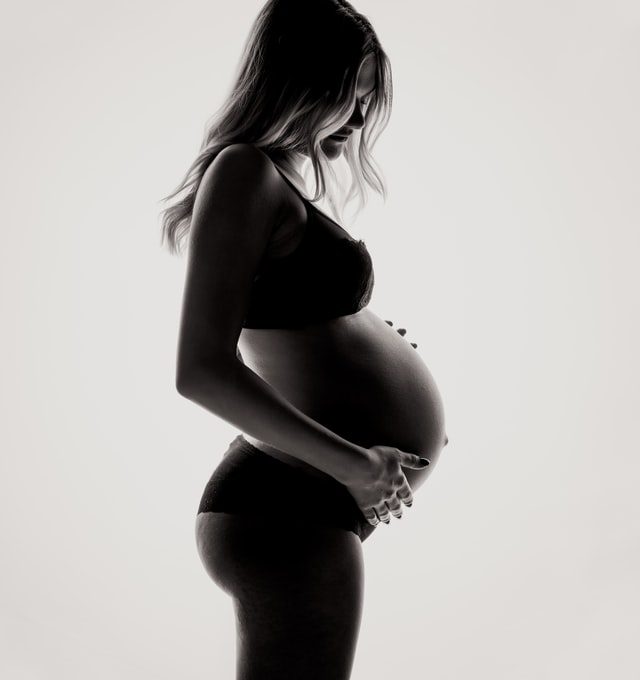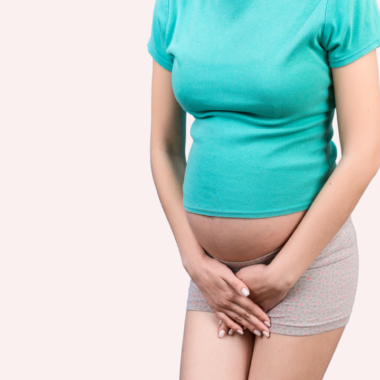During pregnancy, it is not uncommon to find many women in a state of panic and constantly interrogating every symptom and signs in pregnancy they feel. While it is indeed beneficial to be on the alert, medical experts advise against anxiety.
Being needlessly worried for a considerable period can end up having negative consequences on you and your baby’s health even if it was for understandable cause initially. Worse still is knowing that on its own, anxiety can turn an otherwise smooth pregnancy into a distressing experience or introduce long-term adverse effects on the offspring.
What to know?
Now that you know not to be fretful at every given opportunity, what are the signs you should never ignore in pregnancy? On a scale of ‘wait it out’ to ‘book an appointment’, these five signs break all rules and imply that you should meet with your gynecologist soon enough to get checked:

- Bleeding: The fact that this takes the first position says a lot. Nothing about bleeding points to a good sign ESPECIALLY in pregnancy. While experts believe that spotting or a bit of discharge may be normal in pregnancy, heavy bleeding on the other hand, could be pointing to a miscarriage or ectopic pregnancy. An immediate ultrasound and blood work will help your healthcare provider to clarify and know the next line of action.
- A decline in fetal activity post-twenty-eight weeks: Reduced fetal activity after the twenty-eighth-week mark may be normal but how do you make certain there’s nothing to be worried about? Ob-gyn professor Peter Bernstein suggests a small check at first: Drink something cold or eat something, then lie on your side to see if this gets the baby moving. It would also help if you count the number of kicks so your doctor can establish a baseline if you have to go for consultation later on.
Related: You’re Pregnant, Now What?! 15 Things You Need To Do Next
- Excessive nausea and vomiting: Only a few things could be as weakening and life-draining as the retching and heaving that comes with expelling the contents of your gut. While the signature nausea and vomiting that make first trimesters popularly dreaded happens to most women, care must be taken at the point where it becomes so frequent you can’t keep anything down. Frequent vomiting can cause dehydration and even worse, it can lead to dizziness, weight loss, and an imbalance of electrolytes.
- Painful urination or burning sensation: These can be a testament of UTIs (urinary tract infections), or in some cases, bladder infections, both of which are dangerous to the unborn baby and so, should be as far from an expecting mom as possible. If left untreated, it could degenerate into more serious infections, illnesses, or lead to potentially fatal preterm complications.
- Vaginal discharge or itching: More often than not, this can be a sign of yeast infections or worse – STIs (sexually transmitted infections). The longer they remain, the more harm they can introduce, especially when redness and sores start to develop. On-time treatment could be the defining factor for a fetus in a compromised system.
- Severe headaches: Headaches in the first trimester may come and go. This may be mild and really nothing to worry about. However, severe headaches that come suddenly and get worse can be a sign of preeclampsia. This should be checked out immediately.
Related: Sex During Pregnancy – 5 Frequently Asked Questions And Answers
While a mild show of some of these signs in pregnancy may mean nothing, expectant moms need to pay attention to their bodies, as keeping track of the frequency and intensity of these and other signs could help to understand the mildness or severity of any unnatural signs the body may be trying to warn against.
- How Setting Postpartum Boundaries made me lose my brother - February 6, 2025
- How To Revive Your Sex Life After Baby - October 17, 2023
- The Sona App Aims To Make Your Child “Sleep Like A Baby” And We Tested It - May 14, 2023








